Publications
Articles, publications, books, tools and multimedia features from the U.S. Institute of Peace provide the latest news, analysis, research findings, practitioner guides and reports, all related to the conflict zones and issues that are at the center of the Institute’s work to prevent and reduce violent conflict.
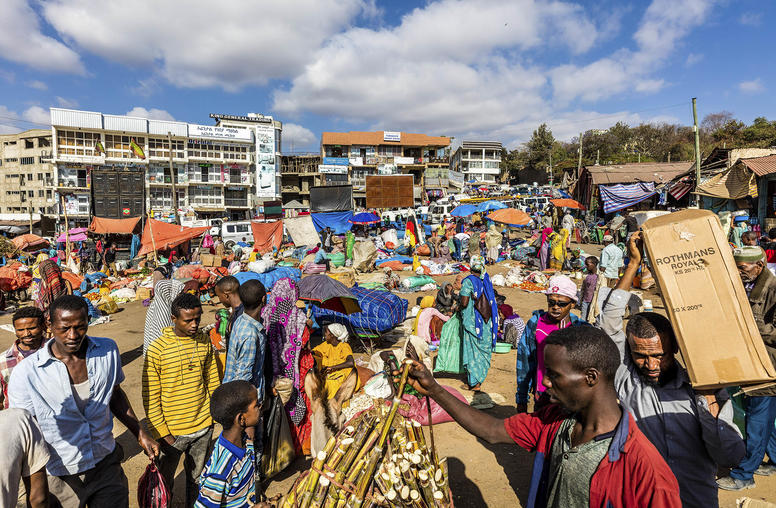
The Middle East’s Complicated Engagement in the Horn of Africa
The Gulf states increased assertiveness in the Horn of Africa has garnered substantial attention of late, particularly the proliferation of military installations and ports and the increase in military and economic aid. Less attention has been paid, however, to the role Middle Eastern countries have played in attempting to resolve some of the Horn’s most intractable conflicts, efforts that in some cases pre-date the more recent security and economic engagements.
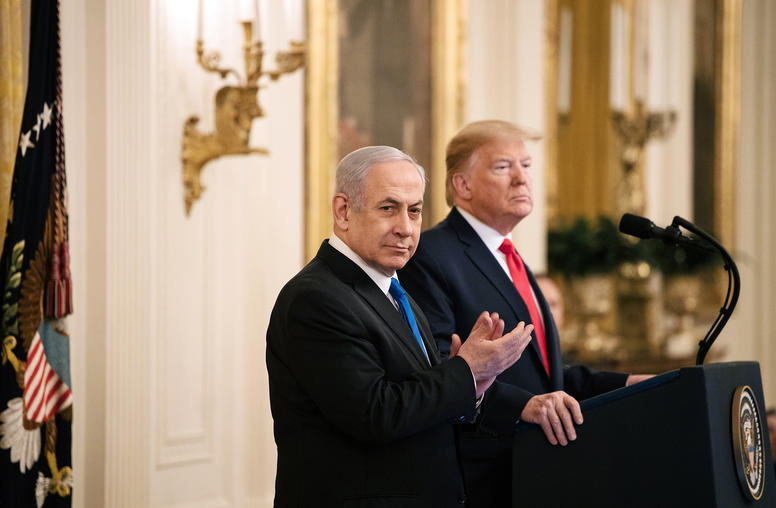
Does the Trump Administration’s Israeli-Palestinian Plan Offer a Path to Peace?
Yesterday, at an East Room gathering, President Trump, alongside Israeli Prime Minister Benjamin Netanyahu, unveiled his administration’s plan to address the Israeli-Palestinian conflict. As promised at the outset of his remarks, the approach represents a vision “fundamentally different from past proposals.” The event itself—with the plan unveiled by U.S. and Israeli leadership—presented a visual that underscored this difference, and the challenge this plan faces if it is to chart a course to peace.
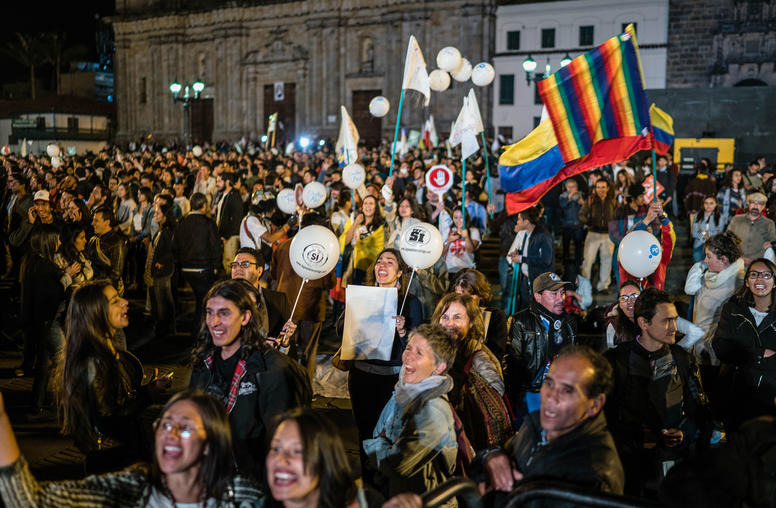
Colombia’s Imperfect Peace Could Provide a Roadmap for Afghanistan
The Afghan peace process was jumpstarted in September 2018 when President Trump appointed Ambassador Zalmay Khalilzad as special representative for Afghanistan reconciliation. Since then, Khalilzad has led 10 rounds of U.S.-Taliban talks, with negotiations focusing on two issues: ensuring the Taliban’s commitment to prevent transnational terrorists from using Afghanistan as a base for attacks, and a U.S. military withdrawal. As the search for peace in Afghanistan continues, what lessons can be learned from other peace processes that could apply to Afghanistan? Colombia’s imperfect peace agreement with the FARC is one especially relevant international reference point for Afghanistan—we explain why.
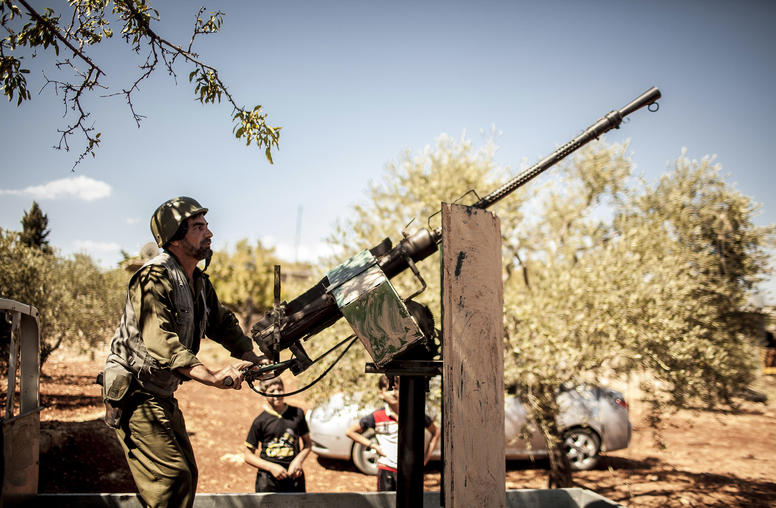
Amid Humanitarian Crisis, Syrian Regime Intensifies Idlib Offensive
Since December 1, the Assad regime—backed by Russia and Iranian-allied militias—has intensified its military offensive on Idlib, one of the last remaining rebel strongholds in Syria. The regime’s escalating attacks have spurred massive civilian displacement, deepening international concerns about an impending humanitarian catastrophe. Alarmed by the mounting violence, Turkey has broadened its military involvement in Idlib as well. USIP’s Mona Yacoubian examines the impact of the Syrian regime’s latest offensive on Idlib.
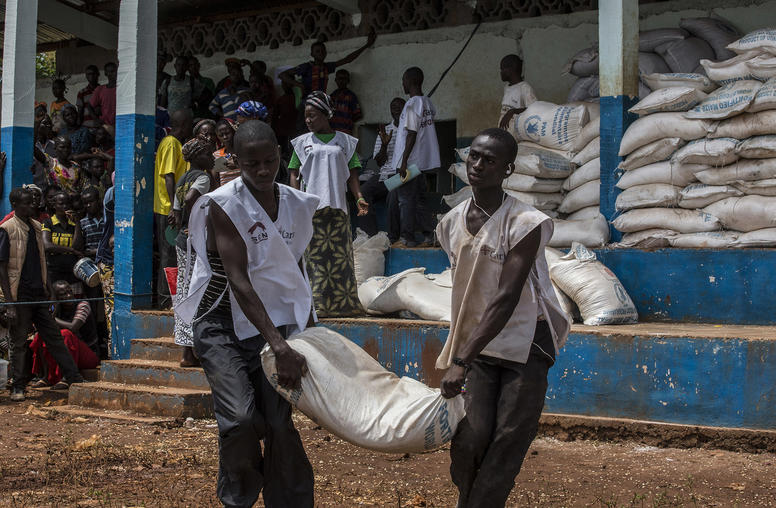
The Role of Aid and Development in the Fight Against Extremism
Extremist groups thrive in fragile states where basic needs go unmet. Development efforts can address the conditions that make people vulnerable to extremism. If you look at a map of where terrorist groups operate and where terrorist attacks occur, you will find that many coincide with locations of intractable conflict and deep development deficits. Low human development indicators, stark disparities in opportunity and access to resources, poor or scattered governance, and a history of conflict and social marginalization feature prominently among afflicted communities.
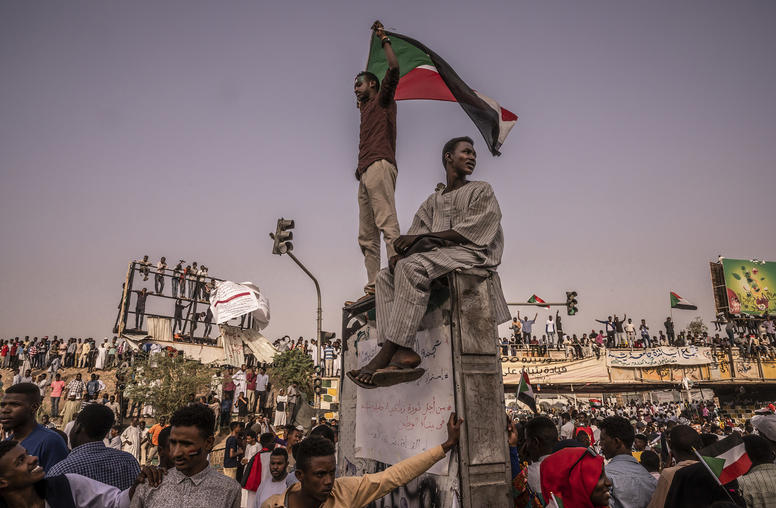
What Happens When Sudan is Removed from the U.S. Terror List?
Its been nearly a year since Sudan’s longtime dictator, Omar al-Bashir, was ousted from power. As the country moves to transition to democracy, its civilian government and Sudanese civil society have called on the U.S. government to remove Khartoum from the State Sponsors of Terrorism (SST) list. The Sentry’s Hillary Mossberg and John Prendergast recently argued that although delist-ing is an important for Sudan’s transition, it is just one of multiple steps needed—from both the U.S. and Sudan—in order for pro-democracy forces to achieve their goals. Mossberg and Prender-gast explain what the actual impact of delisting would be and what Sudan’s government can do to get there.
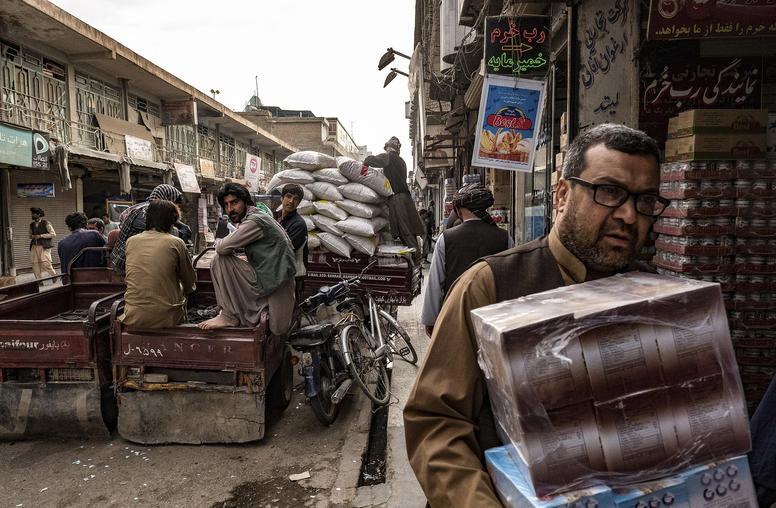
Will Rising U.S.-Iran Tensions Spark Afghan Proxy War?
Rising tensions between the United States and Iran—illustrated and exacerbated by the January 3 assassination of Iranian General Qassem Soleimani—are rippling out beyond the Middle East. Now, American officials are voicing growing concern about Iranian activities in Afghanistan. In recent weeks, Secretary of State Mike Pompeo said that Iran is supporting militant groups in the country and seeking to undermine the peace process between the U.S. and the Taliban. A top U.S. general for the region, meanwhile, warned that Iranian actions in Afghanistan pose a risk to the approximately 14,000 American troops deployed there.
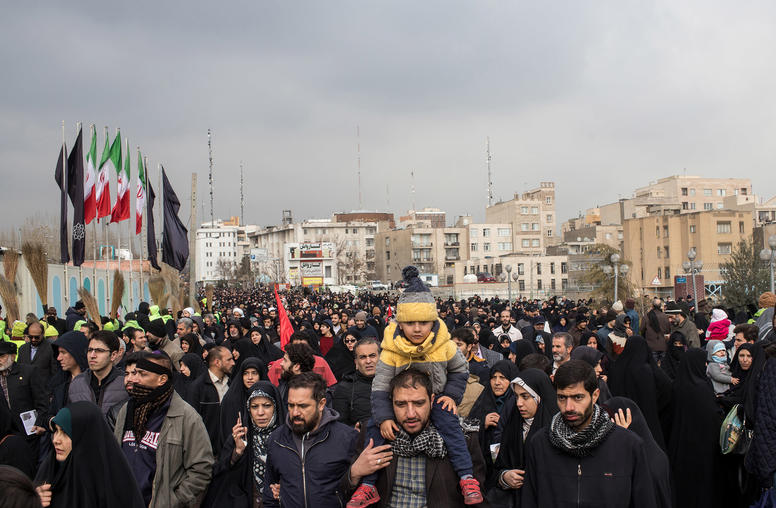
Iran’s Parliamentary Polls: Hardliners on the Rise, Reformists Ruled Out
Iranians head to the polls on February 21 to elect their next parliament. Following the violent suppression of protests in November and the accidental shooting down of a Ukrainian passenger plane in January, many are deeply disillusioned with Iran’s political system. Most reformist candidates have been barred from competing in the election, leaving voters with virtually no alternative to hardliners. The elections come as U.S.-Iran tensions are simmering after the killing of Iranian General Qassem Soleimani and as the country’s economy is foundering. USIP’S Garrett Nada looks at what issues are on the top of voters’ minds and how foreign policy will factor into the vote.

How the Coronavirus Impacts China and its Foreign Policy
China hit a grim landmark earlier this week when the death toll from the coronavirus outbreak surpassed 1,000 with over 40,000 recorded cases of infection—and those numbers are rising every day. The outbreak, which originated in Wuhan, China, has rattled global markets and catalyzed concern over a widespread epidemic beyond China’s borders. The suffering has been immense, and people in China and those with family or friends there are frightened about what’s next. Meanwhile, there are shortages of masks and supplies and hospitals are overrun, with rising anxiety due to travel restrictions and quarantine policies.
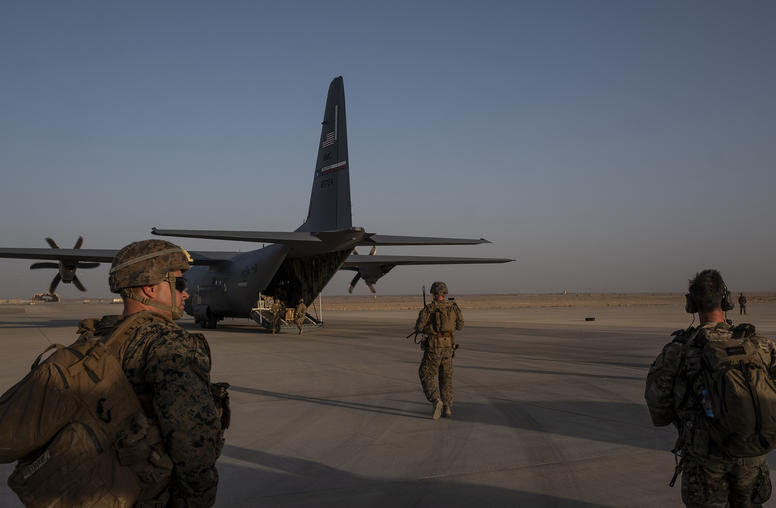
U.S.-Taliban Deal: The Beginning of the End of America’s Longest War?
American officials announced on Friday that the United States and the Taliban agreed to a seven-day “reduction of violence” that, if adhered to, would be followed by a signed agreement. The deal would pave the way for intra-Afghan talks and a phased withdrawal of U.S. troops. USIP’s Scott Smith examines the U.S.-Taliban deal and what comes next.